Compliance and sustainability
What CSR means for Retail Tribes
The globalization and the ongoing demand for 'fast fashion' have placed significant pressure on production in low-wage countries within the clothing industry. Disasters such as Rana Plaza and growing environmental issues, such as resource scarcity and mountains of textile waste, have brought these problems sharply into focus. With the rise of concepts like 'Corporate Social Responsibility' (CSR) and 'Sustainability,' both consumers and multinationals have become increasingly aware of the negative impacts of clothing production on the environment and the working conditions under which their garments are made.
We acknowledge these challenges and are committed to taking responsibility. Retail Tribes believes that CSR is not merely an option but a fundamental aspect of how we conduct business. Therefore, we strive not only to improve our products but also to transform the way they are produced, ensuring they have a lower impact on both people and the planet.
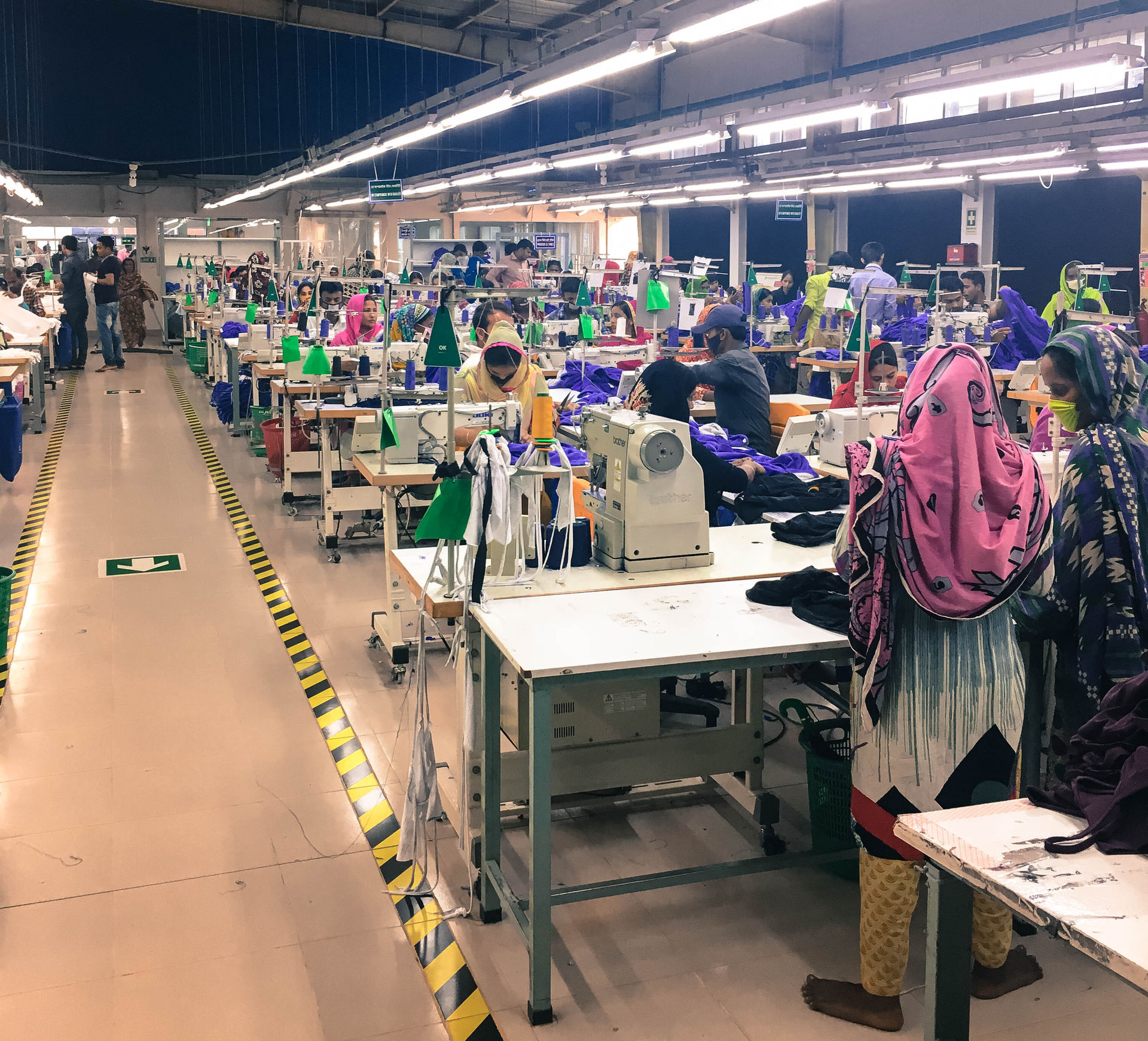
The road to a circular industry
Retail Tribes is dedicated to creating a more sustainable future in the fashion industry. In a world increasingly focused on environmental awareness, we aim to move toward a circular industry. While recycling clothing into new garments remains a challenge, we are determined to take meaningful steps in the right direction. At Retail Tribes, we recognize the need to rethink design for recycling. Actively exploring "Design for Recycling," we critically assess our production processes, seeking ways to incorporate more mono-materials and minimize chemical inputs. This approach enables easier material separation and recycling at the end of a garment’s lifecycle.
Retail Tribes is proud to be a member of Stichting UPV Textiel, a producer organization that supports textile importers and manufacturers in meeting the requirements of Extended Producer Responsibility (EPR) for textiles. Together with producers, service providers, and municipalities, we are working to establish an effective and efficient collection system that paves the way for a circular industry.
Additionally, we are preparing for upcoming legislation such as the ESPR (Ecodesign Sustainable Product Regulation) and DPP (Digital Product Passport), designed to enhance product sustainability and promote recycling. This legislation will bolster our efforts toward a circular economy, helping us design and produce products with recycling in mind.
In terms of product packaging, the PPWR (Packaging and Packaging Waste Regulation) plays a significant role. We are proactively transitioning to fully recyclable materials for all our packaging, with a substantial portion already made from recycled content. In the coming years, we will continue to maximize the use of recycled materials while minimizing the volume of packaging.
While we don’t have all the answers yet, we are committed to making progress in sustainability. At Retail Tribes, we believe that by working together and making incremental improvements, we can create a positive impact on the fashion industry and the environment. We invite you to join us in our efforts to build a more sustainable future.
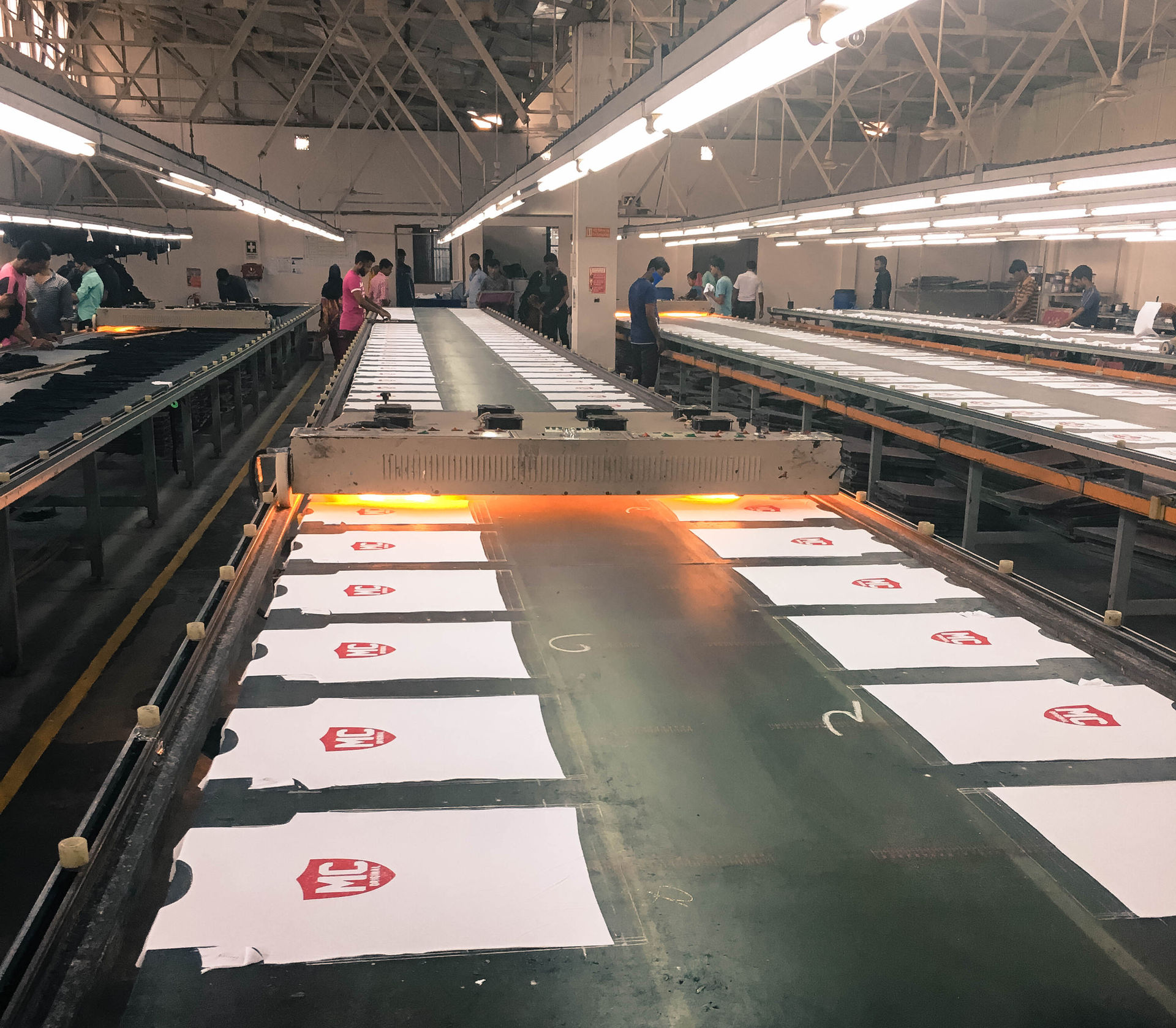
Sustainability
At Retail Tribes, sustainability is one of our core values. As a proud partner of the Global Organic Textile Standard (GOTS), we are committed to providing products that meet the highest standards of environmental friendliness and social responsibility. Upon request, Retail Tribes can supply products with GOTS certification. This certification ensures transparency throughout the supply chain for organic products. GOTS-certified products contain at least 70% organic materials and guarantee production with respect for both people and the planet, from raw materials to the finished product.
Transparency plays a vital role in helping consumers make more informed and conscious choices. With over 200 labels in Europe and 450 globally, it is often difficult for consumers to assess the value and meaning of these certifications. At Retail Tribes, we believe in the importance of clarity and openness, ensuring that consumers have the information they need to make well-considered decisions.
Suppliers as partners
Outsourcing production comes with challenges that we aim to identify and address proactively. At Retail Tribes, we believe in taking preventive measures to avoid potential issues. One of these challenges is cultural differences, which can sometimes lead to varying expectations and interpretations. To navigate these complexities, we have developed tools such as a Supplier Manual and a Code of Conduct. These guides provide detailed information and guidelines for our suppliers, covering everything from delivery schedules and measurement specifications to our sustainability mission.
We place great value on open communication and transparency in our collaborations with suppliers. To ensure this, we conduct regular visits to the factories, involving not only our procurement and compliance teams but also our management, design, and sales departments. This comprehensive approach allows us to gain a complete understanding of the challenges and opportunities within the factories while fulfilling our due diligence obligations.
By fostering close collaboration at all levels within our company, we enhance efficiency and minimize errors. We strive to align expectations on both sides of the partnership, treating our suppliers as true partners in the production process.
Production countries
Retail Tribes operates in countries such as Bangladesh, India, Pakistan, China, and Turkey to produce our collections. Each of these regions offers unique expertise in garment production, enabling us to deliver high-quality collections at fair prices. While production is spread across various countries, we consistently uphold our standards in compliance and sustainability. We recognize the ethical challenges present in these regions and have implemented a robust due diligence system to maintain our standards as effectively as possible.
Before entering into a partnership with a factory, we always visit the facilities to ensure they meet our requirements. Additionally, we require all our suppliers to sign our Supplier Manual and Code of Conduct. The Supplier Manual outlines detailed guidelines and information, including delivery timelines, product specifications, and sustainability principles. Our Code of Conduct, based on the conventions of the International Labour Organization (ILO), defines the requirements for suppliers wishing to work with Retail Tribes.
This proactive approach enables us to maintain strong, transparent relationships with all our suppliers. It ensures fair working conditions and promotes sustainable production practices across all our production locations.
Our code of conduct is guided by the following principles;
- No child labour
- No bonded labour
- Decent working hours
- Liveable wage
- No discrimination
- Fire safety assurance
- Occupational health and safety
- Protection of the environment
- Animal welfare
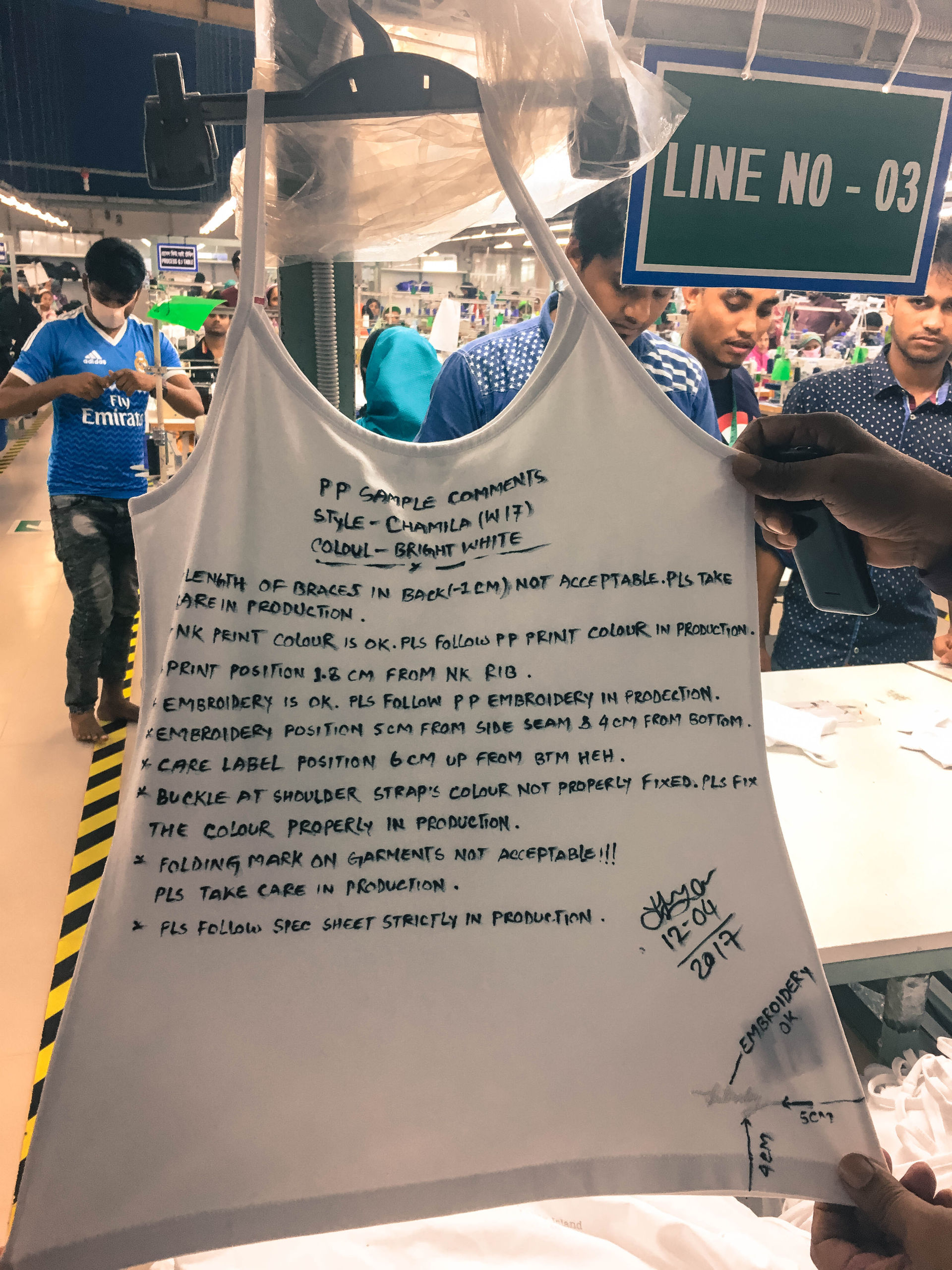
Cooperating with compliant factories
Factories under our cooperation offer the following certificates, standards and / or management systems;
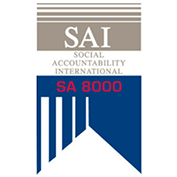
The SA8000 Standard is the leading social certification standard for factories and organizations across the globe. SA8000 encourages organizations to develop, maintain, and apply socially acceptable practices in the workplace. Individual companies will be assessed on compliance by a third-party auditor.
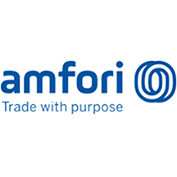
The Business Social Compliance Initiative (BSCI) is the leading supply chain management system, which is supporting companies in social compliance. The core competence of the BSCI is encouragement towards lead firms and suppliers instead of certifying companies.
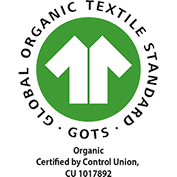
Retail Tribes is proud member of GOTS and certified by Control Union CU 1017982. The Global Organic Textile Standard (GOTS) is the worldwide leading textile processing certification for organic fibres, including ecological and social criteria, backed up by independent certification of the entire textile supply chain. The standard covers the processing, manufacturing, packaging, labelling, trading and distribution of all textiles made from at least 70% certified organic natural fibres.
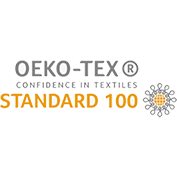
Oeko-tex standard 100 is an independent testing and certification system for textile products from all stages of production along the textile supply chain.

OCS 100 & OCS Blended: The Organic Content Standard (OCS) blended applies to any non-food product containing 5-100% organic material. The OCS 100 is used for products that contain 95-100% of organic material. OCS verifies the presence of organic material in the end product.
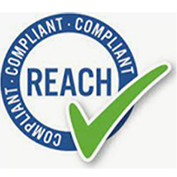
REACH is the European Regulation on Registration, Evaluation, Authorisation and Restriction of Chemicals. REACH addresses the production and use of chemical substances, and their potential impacts on both human health and the environment.